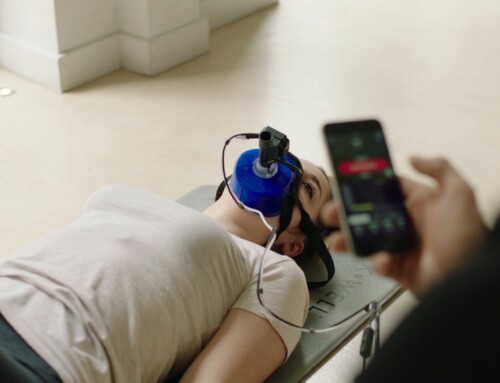What is a Registered Dietitian?
First, let’s clear up some confusion about dietitians versus nutritionists. A nutritionist is anyone who is interested in nutrition. A Registered Dietitian (RD) is an expert in food and nutrition and is credentialed on a national level- credentialing is only earned after years of education and training. RDs must also complete regular continuing education requirements and training programs to maintain their license and registration.
Why Should I See a Registered Dietitian?
There are many reasons why someone may benefit from seeing an RD. For example:
- You need to gain or lose weight. An RD can suggest additional caloric sources for healthy weight gain or a restricted-calorie eating plan, while still allowing you to eat your favorite foods.
- You want to improve your performance in sports. Fueling your body properly is important for optimal performance. An RD can help you a diet that encourages muscle growth and recovery and help you with pre-race nutrition, nutrition during your activity, and post-race recovery nutrition.
- You want to eat smarter. There is a lot of misinformation out there, and an RD can help you sort through it all. RDs can teach you how to read food labels, eat healthy on a budget, help you cook healthier and make recommendations on how to eat out without ruining your diet.
- You have diabetes, cardiovascular problems, or high blood pressure. Big diet changes can be intimidating. An RD can safely change your eating plan without compromising taste or nutrition.
- You have digestive issues. An RD will help fine-tune your diet to ensure you aren’t aggravating your condition with certain foods.
- You are pregnant or trying to get pregnant. Proper nutrition is especially important during pregnancy and an RD can help make sure you get all the important nutrients you need for you and your baby.
- You are tired all of the time. An RD can help tweak your diet to provide you with more energy throughout the day. He or she will be able to show you how to better fuel your lifestyle so you can stay energized.
- You have a food allergy or intolerance. Dealing with a restricted diet can be challenging. An RD can help you figure out foods that fit into your diet without having you sacrifice taste or nutrition.
What should I expect at my appointment?
Registered Dietitians take an “individualized approach” rather than launch right into facts, figures and advice. They take time to find out your medical history, health problems and concerns, what you eat, what you think are “good foods” and “bad foods,” and your nutrition and lifestyle habits. From there, they work with you to determine an individualized, specialized plan of care. You can expect a dietitian to have you keep a food log so they can determine what nutrients you are consuming on a regular basis. Based on this and other lifestyle factors, the dietitian will discuss which foods to eat less of, which foods to incorporate into your diet more often, and a calorie plan to help you achieve your health goals.
Following up is critical!
Diet changes, like any changes, are a gradual process. Patience and consistency is the key. Registered Dietitians will modify your plan or approach based on your feedback, your diet analysis results, and how you’re feeling. Diet changes can be tricky, and the dietitian is there to help you modify your diet and lifestyle with appropriate changes at every appointment so that you can meet your goals.



